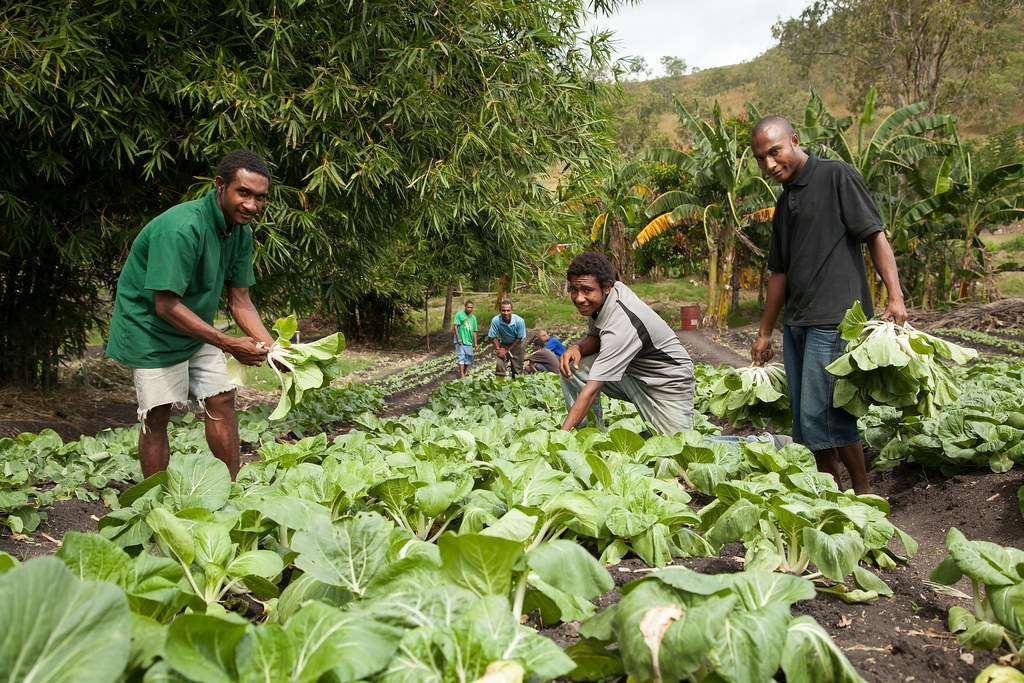Papua New Guinea’s horticulture and fresh produce industry is estimated to be worth more than K3 billion (US$854 million) but there is potential for expansion, Fresh Produce Development Agency general manager Mark Worinu says.
“Farming in general has been perceived by society as an activity for villagers and for the elderly, and for people with limited formal education or for the dropouts,” he said.
“This stereotype has disadvantaged the future of farming and agriculture in PNG.”
Worinu said the education system in the country exacerbates that stereotype with the kind of school curriculum it promoted and had produced ‘less skilled dropouts littering the streets’ in major town and cities.
“A greater awareness must be conducted to encourage citizens that farming requires specialised technical skills and is also for the educated,” he said. “Most farmers/growers in the horticulture industry and agriculture sector today have low literacy levels or none at all. They do not understand the science and economics of farming.
“This often prevents many to make rational and informed evidence-based decisions that could make or break their cropping enterprise. Responsible organisations are doing their best they can but with resource limitations, they cannot fully service the needs of every farmer.”
Worinu said there was also limited support for Micro, Small to Medium enterprises (MSMEs) and SMEs in horticulture.
“The horticulture industry is predominantly a subsistence sector and is transitioning into commercial space,” he said.
“The MSMEs and SMEs of the subsector is not clearly defined in the Government’s SME policy, and that there is no support programme or funding provided.
“This initiative is created as an incubation programme to breed a talented generation of entrepreneurs to lead in the various categories of the horticultural food chain.
“The industry comprises fruits, vegetables, nuts, tuber crops and spices which have huge potentials, and are yet to be fully developed for maximum benefit to our people and the economy.”
Meanwhile, the agriculture sector remains the backbone of Papua New Guinea’s economy, providing the livelihood for the majority of the population, although the economy has diversified, says Institute of National Affairs (INA) executive director Paul Barker.
Barker said agriculture would play an important role in ensuring that PNG’s economic and employment future was secured and that the country became a major agricultural and food producer domestically and in the region.
He said, however, extensive areas in the country were relatively infertile or too steep for commercial farming.
“The population is also growing fast, with growing land pressure in parts of the country, as well as the challenges of growing urbanisation and limited formal sector employment opportunities, weak governance and a relatively short and rather unsatisfactory history of investment in infrastructure and human resource development.”
Barker said this was worsened by widespread and growing corruption and poor use and limited accountability over public funds.
“Clearly, this also applies to supposed renewable resources, such as forestry and some fisheries and other marine resources which have been widely treated as an infinite resource but extracted in an unsustainable and damaging manner, with repeated harvests well within the period for regrowth or population recovery [are] seriously destructive.”
